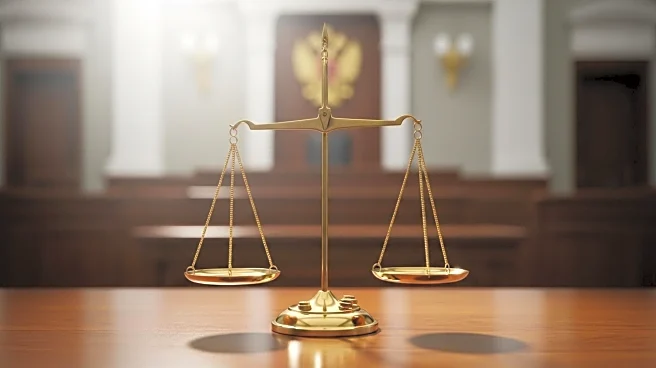What's Happening?
The U.S. Supreme Court is set to hear a case involving Kaley Chiles, a Colorado licensed counselor, who challenges a state law prohibiting conversion therapy for minors. Chiles argues that the law censors her ability to have open conversations with young clients about gender dysphoria, advocating for comfort with one's birth sex. The case raises questions about whether such laws regulate conduct or violate the Free Speech Clause.
Why It's Important?
The Supreme Court's decision could have significant implications for free speech rights in professional settings, particularly in counseling. More than 20 states have similar laws, and the outcome may influence how counselors approach discussions on gender identity. The case highlights the tension between state regulations and individual rights, potentially affecting how mental health professionals navigate sensitive topics with clients.
What's Next?
The Supreme Court's ruling could set a precedent for how free speech is protected in counseling and other professional settings. If the court sides with Chiles, it may lead to challenges against similar laws in other states, prompting a reevaluation of how gender dysphoria is addressed in therapy. The decision could also impact the broader debate on gender identity and the role of government in regulating professional speech.
Beyond the Headlines
The case underscores the cultural and legal complexities surrounding gender dysphoria treatment for minors. It raises questions about the balance between protecting vulnerable populations and ensuring free speech rights. The outcome may influence public discourse on gender identity and the ethical responsibilities of mental health professionals.










